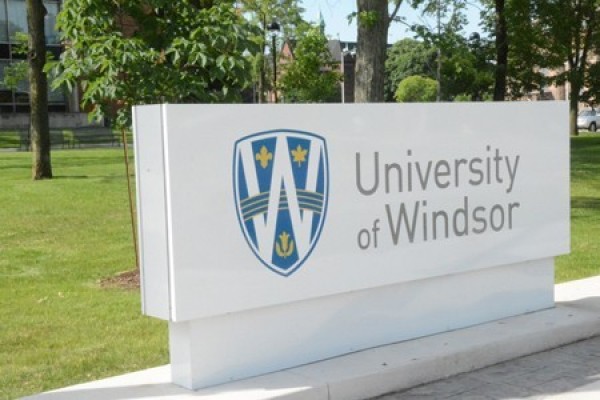 In her recently co-written article, UWindsor Law professor Myra Tawfik says intellectual property is big business on a global scale and that IP rights are becoming the global currency of the international knowledge economy.
In her recently co-written article, UWindsor Law professor Myra Tawfik says intellectual property is big business on a global scale and that IP rights are becoming the global currency of the international knowledge economy.
UWindsor Law professor Myra Tawfik, who is also a senior fellow at the Centre for International Governance Innovation, recently co-wrote an article for the Globe & Mail on the importance of Intellectual Property clinics to Canada’s economy.
Professor Tawfik’s piece was a follow-up to the Globe and Mail essay, Canadians Can Innovate, But We’re Not Equipped to Win, by former Research in Motion co-CEO Jim Balsillie.
In her article, Tawfik says intellectual property is big business on a global scale and that IP rights are becoming the global currency of the international knowledge economy. The law professor says that although Canadians are very good at generating ideas, they struggle to bring their ideas to market on a globally competitive basis and that sophisticated legal advice does not get to the right people at the right time in the cycle of innovation.
She says IP clinics, operating in tandem with the pro bono support of IP practitioners, are an effective and meaningful way to deliver much-needed IP legal services to the underserved start-up community. Tawfik says that although these measures are not difficult to implement, economic benefits can be immense.
“We cannot afford to remain complacent – capacity-building in Canada’s IP knowledge infrastructure is truly a matter of global consequence for this country and its prosperity,” Tawfik says.
Tawfik has been teaching in IP law at Windsor Law since 1991. With support from the Law Foundation of Ontario, she founded the Intellectual Property Legal Information Network (IPLIN), a Windsor Law student group dedicated to community education and outreach on important IP legal issues. The IPLIN was established in response to requests from local artists, writers and businesspeople seeking legal assistance with IP issues. IPLIN later evolved into the Centre for Enterprise and Law (CEL) in partnership with the Odette School of Business, and then transformed itself again into the Law Technology and Entrepreneurship Clinic (LTEC) – a full service IP transactional clinic under the supervision of clinic director Wissam Aoun.
In recent years, Windsor Law has become a magnet for students interested in studying and practising intellectual property (IP) law. In addition to its IP clinical program, another distinctive feature of Windsor Law’s strength in IP teaching is the Intellectual Property Law Institute (IPLI), a unique three-way partnership among the University of Windsor, University of Detroit Mercy, and Wayne State University. The institute allows Windsor Law students to take IP law courses at any of the three universities, capitalizing on the wealth of regional expertise in cross-border IP issues.
Tawfik’s entire Globe and Mail article is available at: http://www.theglobeandmail.com/report-on-business/rob-commentary/to-support-canadian-startups-offer-pro-bono-legal-clinics/article24984676/.
